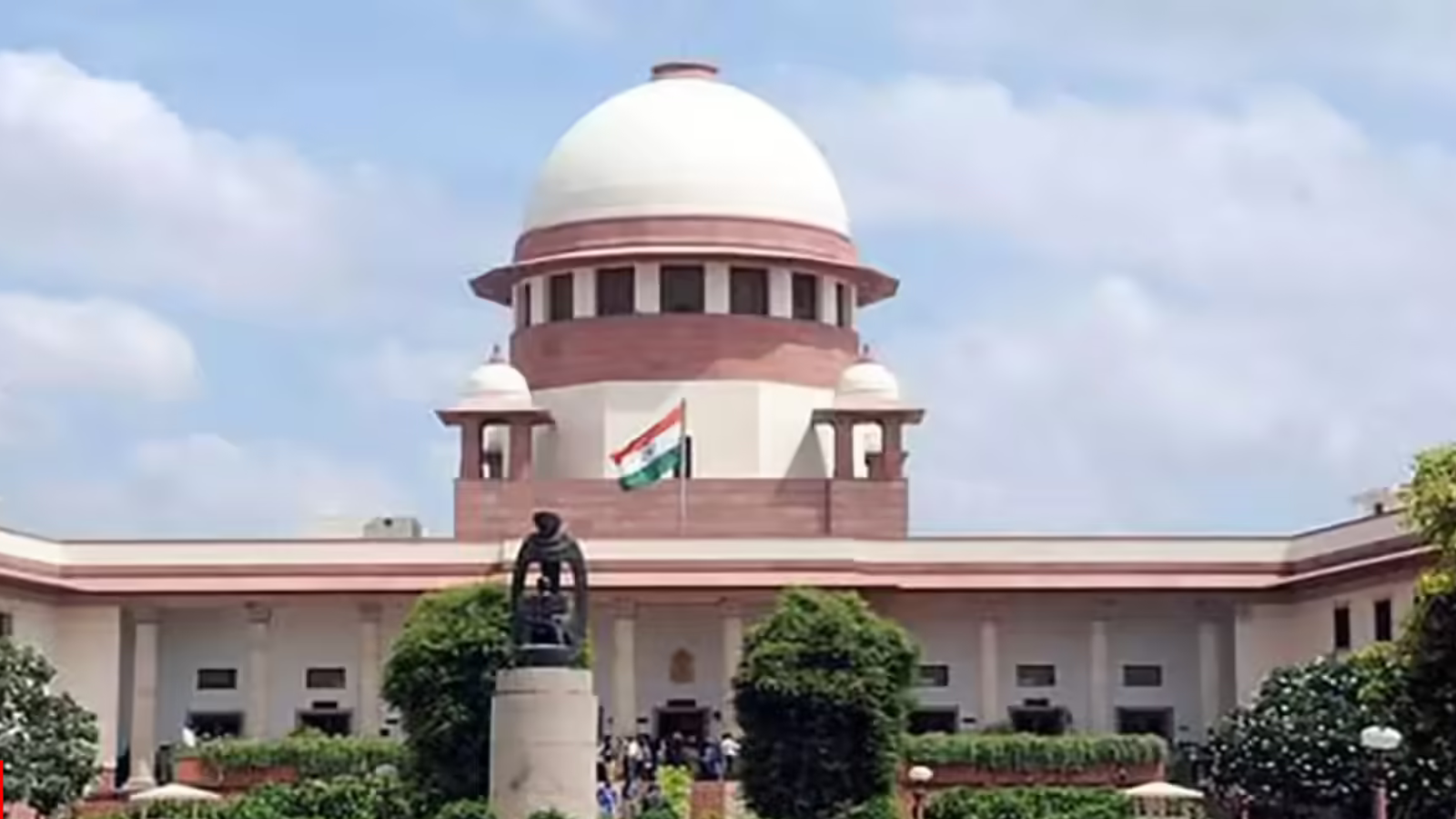Supreme Court Advisory On President, Governors, And Bills – 10 Key Takeaways
In a crucial advisory, the Supreme Court of India has clarified the roles of the President and state Governors in the legislative process , particularly regarding timelines for clearing bills. The court emphasised that their actions are not justiciable, meaning judicial review can only take place after a bill becomes law.
A bench led by Chief Justice BR Gavai, who is set to retire on Monday, addressed a Presidential reference relating to its April 12 verdict. Justices JB Pardiwala and R Mahadevan had earlier ruled that the Tamil Nadu Governor RN Ravi acted “illegally” by withholding assent to state bills. The Supreme Court clarified that its role here is purely advisory, reaffirming its earlier April orders.
Here are 10 key points highlighted by the Supreme Court:
This advisory reiterates the independence of constitutional authorities and clarifies how checks and balances function in India’s legislative framework.

A bench led by Chief Justice BR Gavai, who is set to retire on Monday, addressed a Presidential reference relating to its April 12 verdict. Justices JB Pardiwala and R Mahadevan had earlier ruled that the Tamil Nadu Governor RN Ravi acted “illegally” by withholding assent to state bills. The Supreme Court clarified that its role here is purely advisory, reaffirming its earlier April orders.
Here are 10 key points highlighted by the Supreme Court:
- No Fixed Timelines for Governors: Article 200 allows Governors to assent, return, or send a bill to the President. The Supreme Court ruled that no strict deadlines can be imposed for these actions.
- Bill Withholding Must Be Returned: Any withheld bill must be returned to the state legislature for reconsideration.
- Governor’s Discretion Upheld: Governors are not strictly bound by the aid and advice of the Council of Ministers when assenting to or withholding bills.
- Actions Not Justiciable: The discharge of duties under Article 200 cannot be challenged in court.
- Limited Court Directions: Courts can only ask Governors to act on a bill within a “reasonable period” in cases of unexplained or prolonged inaction.
- Article 361 Immunity Clarified: While Governors enjoy legal immunity for official acts, it does not prevent courts from issuing directions in cases of undue delay.
- Presidential Assent Rules: Under Article 201 , the President is also not bound by judicially prescribed timelines, and their actions are not justiciable.
- No Court Advice Required: The President is not obligated to consult the judiciary for every reserved bill.
- No ‘Deemed Assent’ Concept: The Constitution does not allow automatic assent for bills, nullifying any questions about bills “deemed to have been passed.”
- Limits of Article 142: The court cannot invoke Article 142 to declare “deemed assent” for bills.
This advisory reiterates the independence of constitutional authorities and clarifies how checks and balances function in India’s legislative framework.









